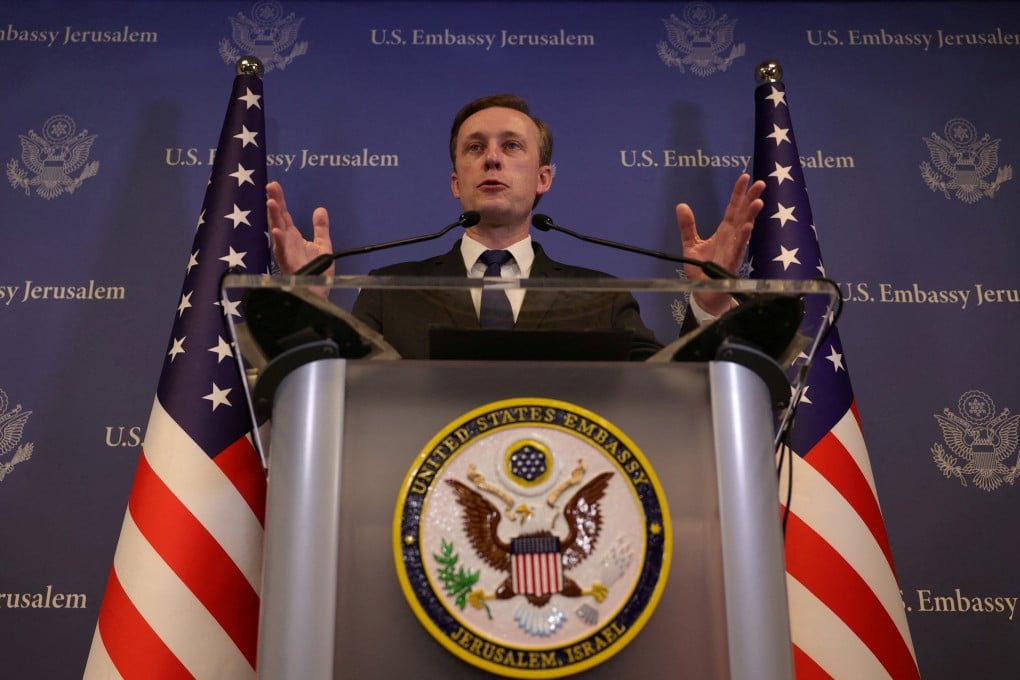My Take | Even some Five Eyes now want better relations with China
A growing number of US allies and partners are realising siding with Washington against Beijing costs far more than most can afford

With just days left in his job, US National Security Adviser Jake Sullivan has warned that the return of Donald Trump will alienate allies and partners, and drive more of them into China’s arms. At a superficial level, he is right. India and Britain have lately signalled a friendlier stance. But others saw the writing on the wall long before that. Australia’s Labor leader Anthony Albanese has been busy mending fences broken by his Sinophobic predecessor Scott Morrison after being elected.
Asean member states, with the obvious exception of the Philippines, have always taken a more neutral and nuanced stance. They know that regional disputes over maritime rights and territories can and must be contained locally. Once you let Washington in and internationalise them, you get sucked into the superpower rivalry over which you have little control. The rest of the world is openly pursuing a non-alignment policy.
And other Five Eyes English-speaking nations are having second thoughts about betting the ranch on Washington. Britain has pressed the restart button with Beijing. In a shift from the outright hostility of the preceding Conservative government, Rachel Reeves, chancellor of the exchequer, was in Beijing at the weekend to relaunch the annual UK-China Economic and Financial Dialogue halted since 2019.
Writing in The Times ahead of her visit, she argued that “choosing not to engage with China is no choice at all” and “Labour’s approach to Beijing will prioritise trade that benefits Britain’s workers [and] strengthens our economy.”
Both sides have agreed on new investment and market-opening in financial services, trade, and other investment avenues to expand mutual economic growth. Trade deals worth £600 million (US$732.3 million) to Britain were inked for the next five years, with an estimated potential value of reaching £1 billion.
The two sides declared they were “opposed to decoupling” and would “reduce obstacles for investments”. Reeves, who faces fierce attacks from the Conservative opposition and its media allies for “selling out” to China and the Labour government’s domestic tax hikes, brought along bosses from HSBC, Standard Chartered, Prudential, Schroders, Fidelity International and London Stock Exchange Group on the trip.
